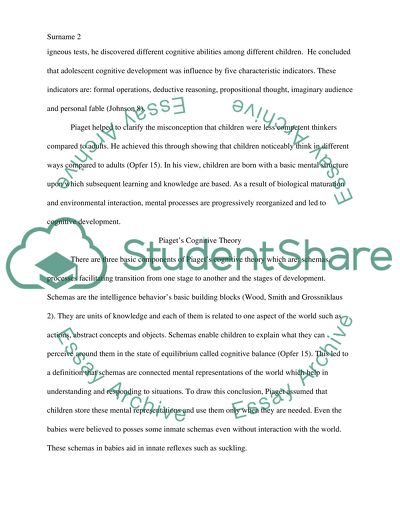Cite this document
(“Lifespan Development : Jean Piaget and His theory of cognitive Essay”, n.d.)
Lifespan Development : Jean Piaget and His theory of cognitive Essay. Retrieved from https://studentshare.org/psychology/1491217-lifespan-development-jean-piaget-and-his-theory-of
Lifespan Development : Jean Piaget and His theory of cognitive Essay. Retrieved from https://studentshare.org/psychology/1491217-lifespan-development-jean-piaget-and-his-theory-of
(Lifespan Development : Jean Piaget and His Theory of Cognitive Essay)
Lifespan Development : Jean Piaget and His Theory of Cognitive Essay. https://studentshare.org/psychology/1491217-lifespan-development-jean-piaget-and-his-theory-of.
Lifespan Development : Jean Piaget and His Theory of Cognitive Essay. https://studentshare.org/psychology/1491217-lifespan-development-jean-piaget-and-his-theory-of.
“Lifespan Development : Jean Piaget and His Theory of Cognitive Essay”, n.d. https://studentshare.org/psychology/1491217-lifespan-development-jean-piaget-and-his-theory-of.


